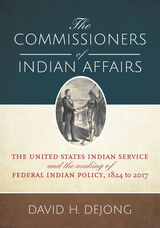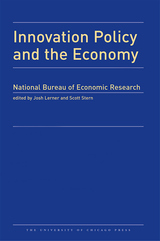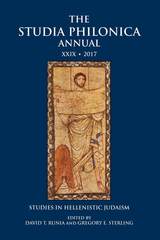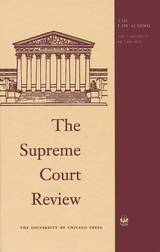
By examining the work of the Indian affairs commissioners and the assistant secretaries, DeJong gives new insight into how federal Indian policy has evolved and been shaped by the social, political, and cultural winds of the day.


This volume of the Proceedings of the Harvard Celtic Colloquium offers a wide range of articles on topics across the field of Celtic Studies.
It includes the 2017 J. V. Kelleher lecture delivered by Paul Russell, Professor of Celtic, University of Cambridge, entitled “‘Mistakes of All Kinds’: The Glossography of Medieval Irish Literary Texts.” In this address Russell offers cogent analysis of this rarely addressed facet of medieval Irish codicology. The articles from other presentations at the Colloquium extend the focus on Celtic glossing into other areas of Celtic linguistics and literary studies. In addition, the volume includes articles on the medieval folkloric, religious, legal, and material culture of Celtic communities, some aspects of which persist into modernity. This volume exemplifies the broad range of topics and time periods characteristic of the Harvard Celtic Colloquium.

Ancient Sardis, the capital of Lydia, was of outstanding importance: in the Lydian period it held the residence of the kings and subsequently, under Persian rule, the satraps. Throughout antiquity it remained an administrative center. Travelers of modern times and archaeological excavations have revealed, from the city site and its surroundings, inscriptions written mostly in Greek, some in Latin. Their texts deal with all kinds of subjects: decrees, public honors, civil and sacred laws, letters, epitaphs, and more.
In the corpus “Sardis VII 1” (1932) W. H. Buckler and D. M. Robinson published all inscriptions (228 items) known up to 1922, after which year excavation at Sardis came to a halt because of the Greek-Turkish war. Since excavation resumed in 1958, a portion of the Greek and Latin inscriptions has been published in various, widely scattered places; another portion, containing important texts discovered during the last ten years, was until now unpublished. The aim of this monograph is to present in a comprehensive corpus the entire epigraphic harvest (485 items) made in Sardis and its territory since 1958. Each inscription is accompanied by a description of the monument, bibliography, translation, and commentary; indices, concordances, photographs, and maps complement the collection.

The best current research on Philo and Hellenistic Judaism
The Studia Philonica Annual is a scholarly journal devoted to the study of Hellenistic Judaism, particularly the writings and thought of the Hellenistic-Jewish writer Philo of Alexandria (circa 15 BCE to circa 50 CE). This volume includes a soecial section on Philo's De plantatione.
Features:
- Articles on aspects of Hellenistic Judaism written by experts in the field
- Bibliography
- Book reviews

READERS
Browse our collection.
PUBLISHERS
See BiblioVault's publisher services.
STUDENT SERVICES
Files for college accessibility offices.
UChicago Accessibility Resources
home | accessibility | search | about | contact us
BiblioVault ® 2001 - 2024
The University of Chicago Press









